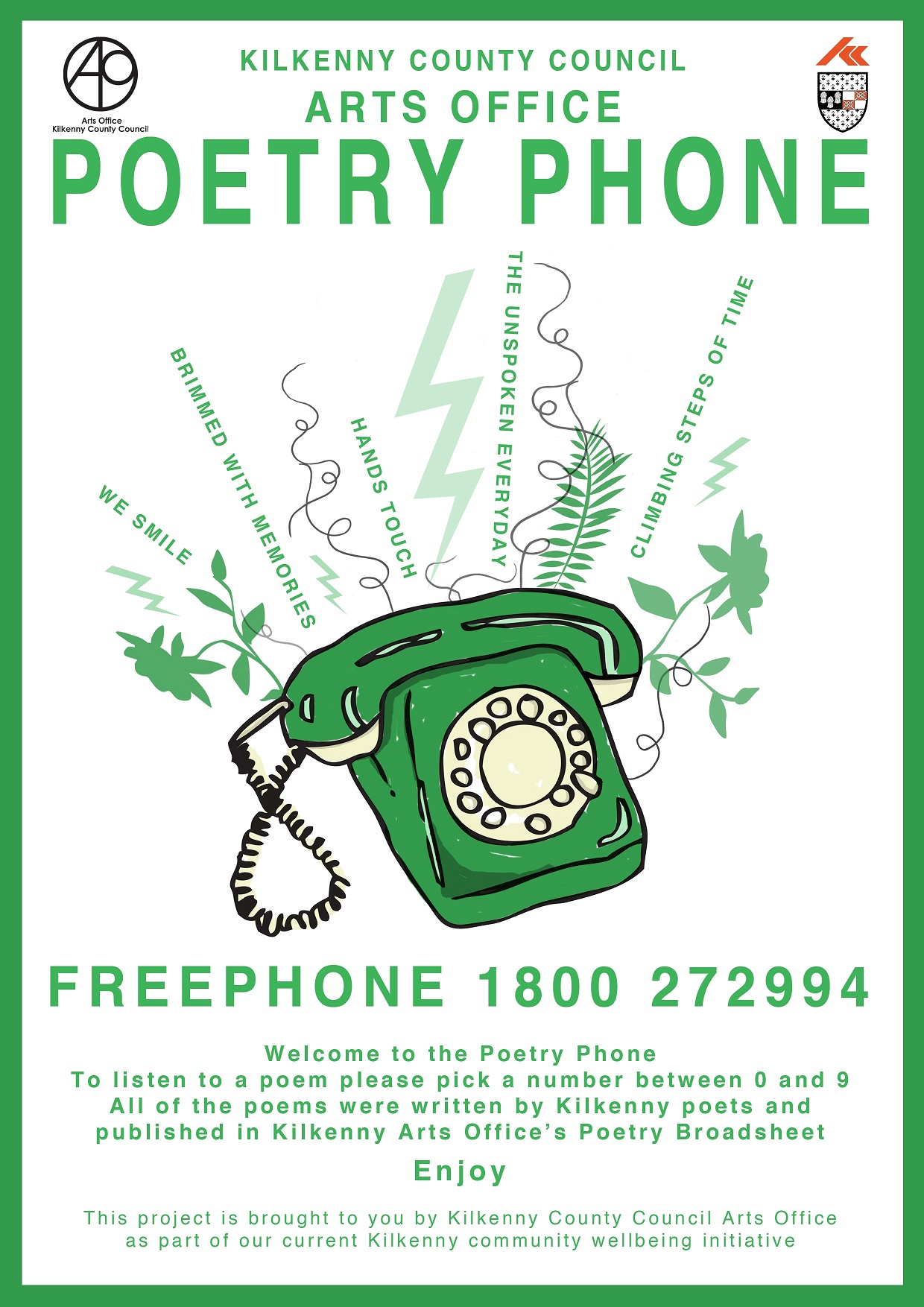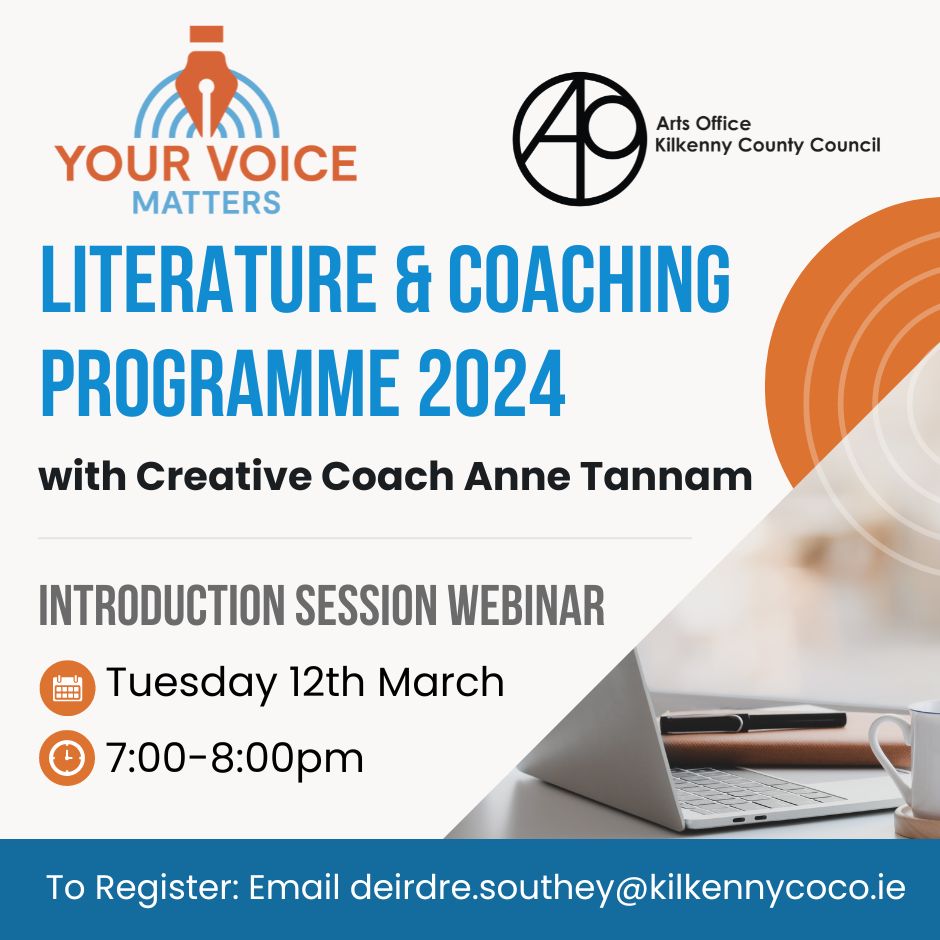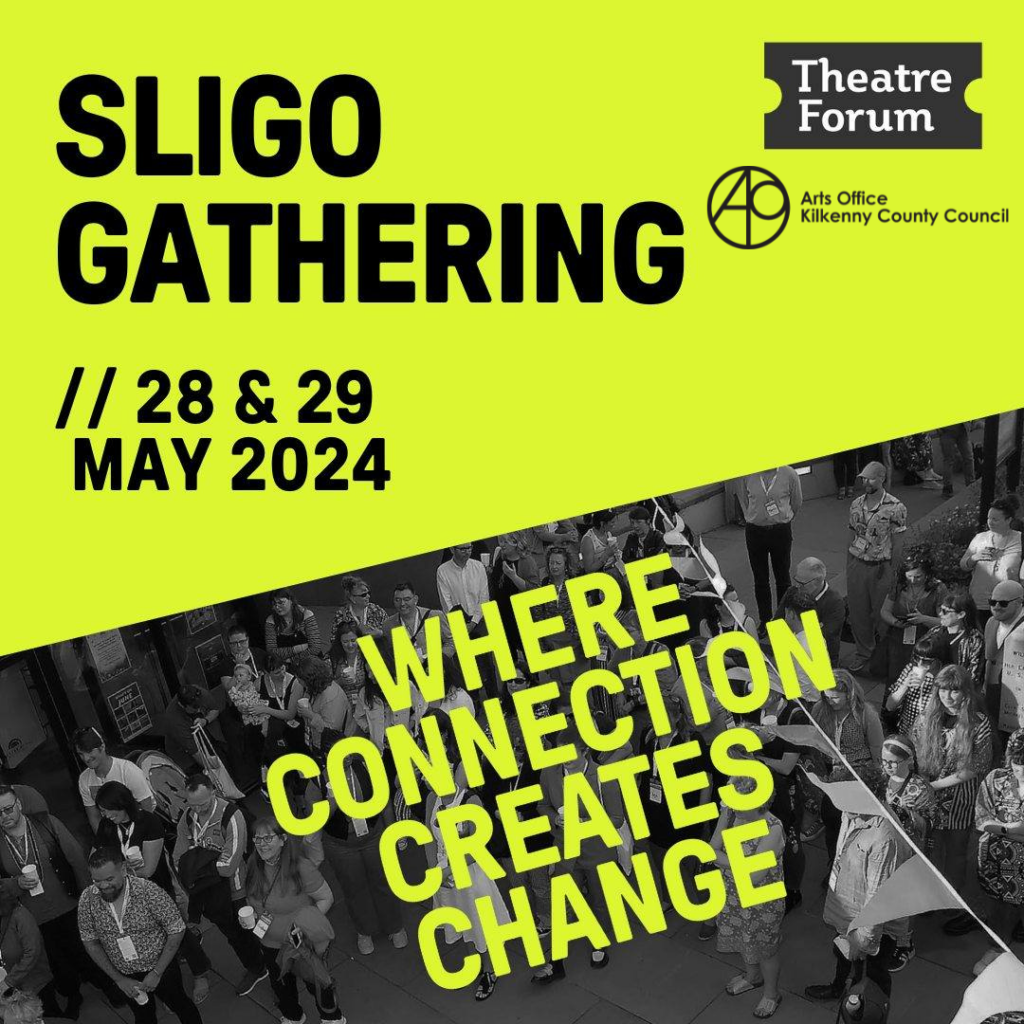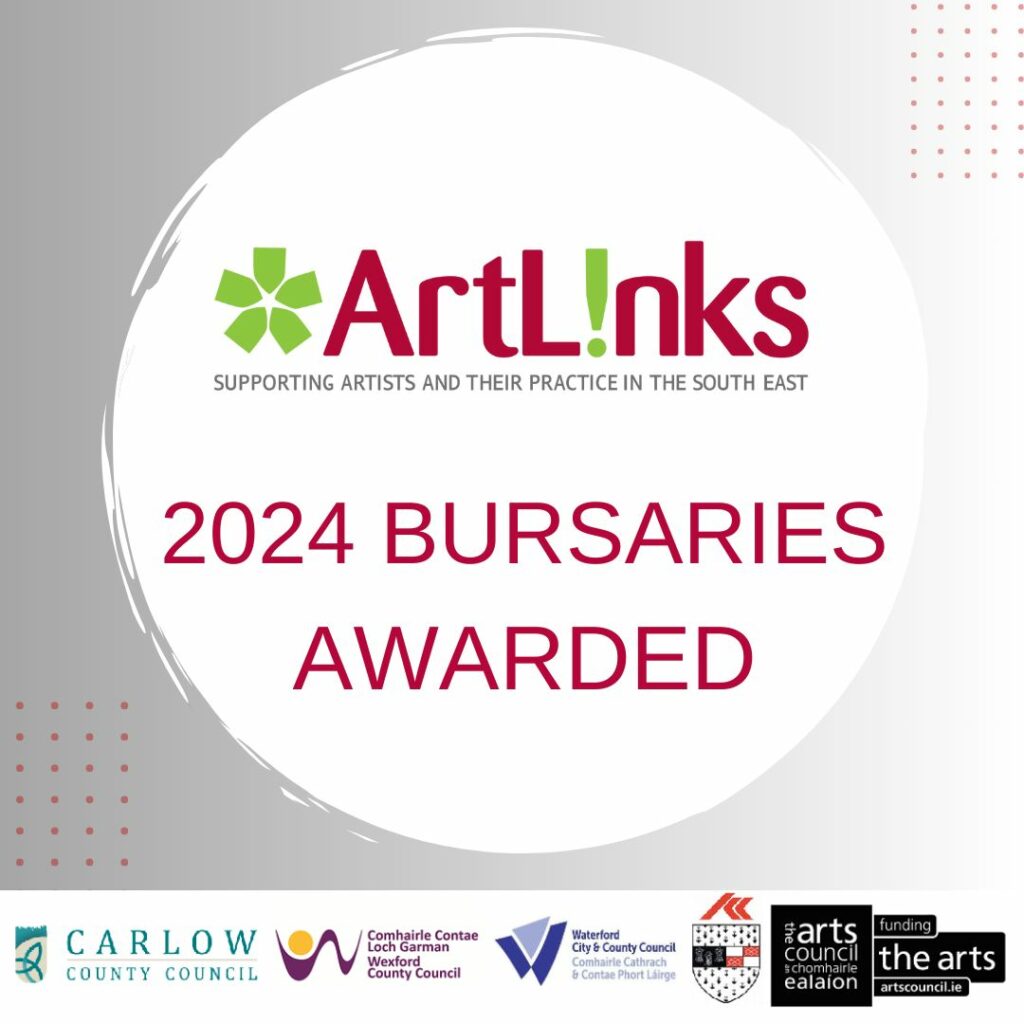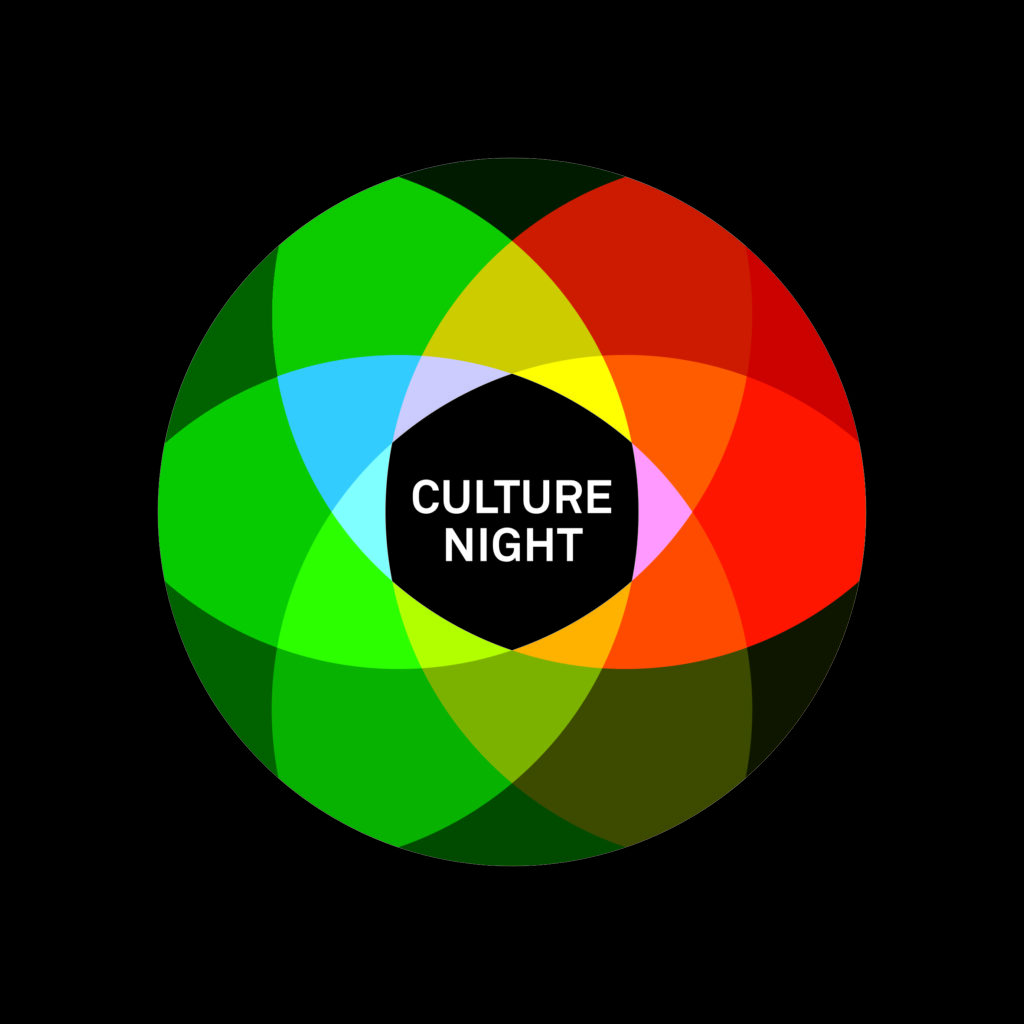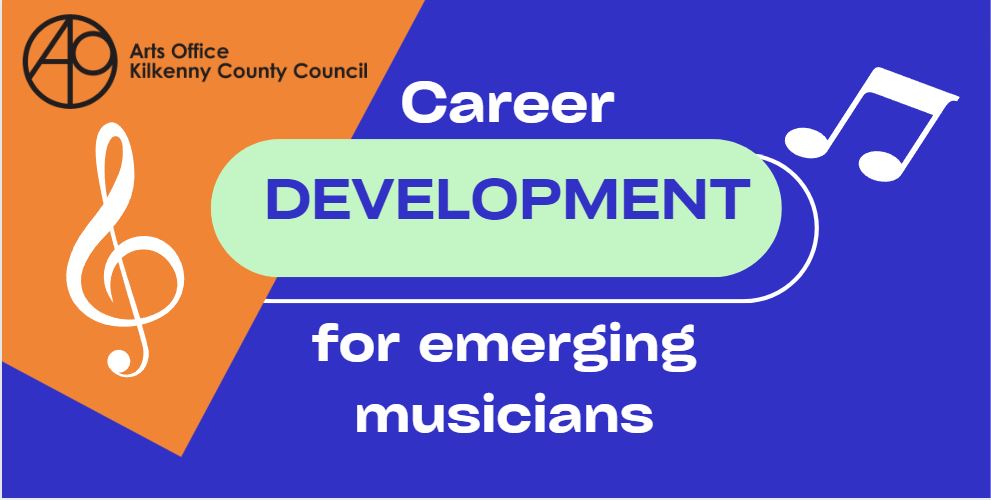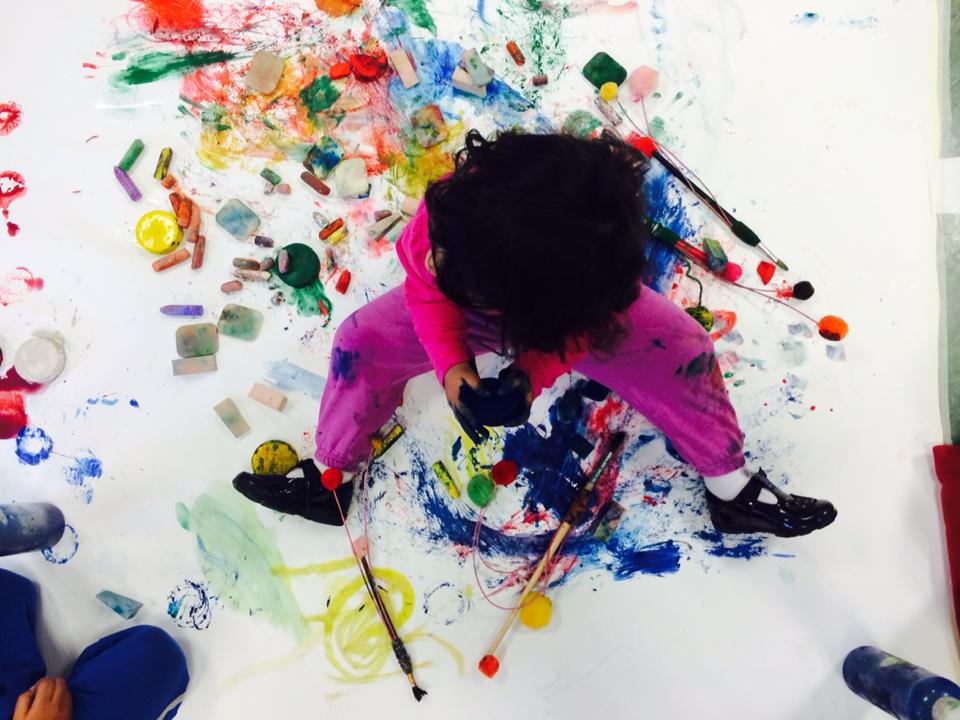The Arts Office asked Edward Hayden to select new poems from our 2019 and 2020 Poetry Broadsheets and our Rhyme Rag platform to be uploaded to our Poetry Phone.
Edward Hayden is a chef and food writer and is very well-known to audiences from his weekly TV cookery appearances on Virgin Media’s Ireland AM. He also presents a weekly radio show, ‘The Saturday Show with Edward Hayden’, every Saturday morning on KCLR96fm.
Edward works as a culinary lecturer in Waterford Institute of Technology, where he is course leader of the Higher Certificate in Culinary Arts Programme. He also is the chef and proprietor of The Edward Hayden School of Cookery’ in his native Graignamanagh, which boasts a large selection of recreational cookery classes for both the novice and experienced home cook.
Edward has published three cookery books ‘Edward Entertains’, ‘Food to Love’ with O’Brien Press (which was awarded the prestigious Kerry Food Book of the Year) and ‘Food for Friends’ with O’Brien Press. He is currently putting the finishing touches to his next book, due for release next year.
Edward has a weekly food column with the People newspapers and his recipes appear every week in their publications, acr
oss the country. He regularly features recipes in many regional and national publications including ‘Food & Wine Magazine’, ‘Woman’s Way’ and ‘Irish Independent Weekend Magazine.
Edward demonstrates all around the country at both a local and national level in a wide range of cookery demonstrations for local fundraising activities, food festivals, agricultural shows.

The following poems are Edward’s selection
The Poems
Mother by Joan Cleere
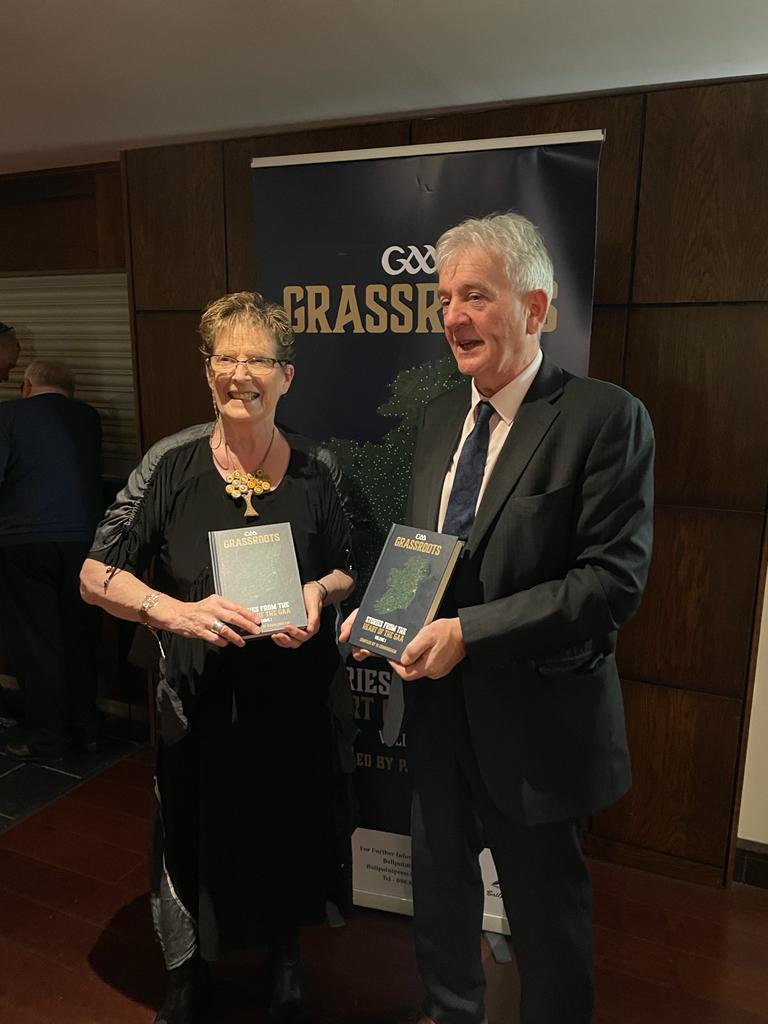
Joan is a native of Thomastown but has been living in Bennettsbridge for over fifty years since her marriage to Seamie. She has been a member of the Bennettsbridge Writers Group since the beginning and has had work included in their three publications, “Daughters of the Wind”, “Tangerine Skies” and “Meet me Halfway”, the latter being a joint publication with the Derry Writers. Joan is local correspondent for the Kilkenny People Newspaper for 37 years and her writing consists mainly of prose but she has had some poems published.
Why Edward picked this poem
The final night by your parent’s bedside brings a swell of emotions to many, and your mind can become focused on so many things. It’s not a nice journey, albeit a natural one, but it’s a journey that for many of us brings transformative change. For those who have lost a parent the experience is visceral and can make them feel and think deeply and this poem to me, having sat beside my father’s beside, paints pictures of a simple gentler time, a time when the poet’s family had pulsating life and joy. A time where memories and lived experiences were valued and like the poet, so many of us want to keep our eyes closed and remain in memory…Thankfully for so many of us we are custodians of years and years of happy memories.
Thankfully I still have my mother, and this poem allowed me to reflect on the memories but in my case not from the final beside. This poem put its arms around me, and encased me.
Caulking by Gerry Moran
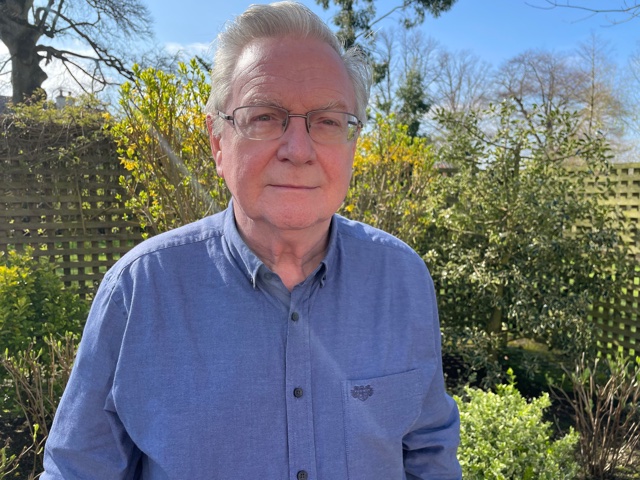
Gerry Moran is the former Principal of St. Patrick’s De La Salle, Primary school. Gerry writes a weekly column for the Kilkenny People, contributes to a variety of publications, and is an occasional contributor to RTE’s Sunday Miscellany
Edward’s comments on Gerry’s poem
On reading this poem, it brought to mind so many relationships in my world, ones that I am involved in and ones that I have witnessed. A friend of mine told me one time that a good relationship (not just the romantic kind) needed to have an ever-changing imbalance with different percentages of input being shared by the acquiescent duo. For some reason this poem brought that to mind. Whether weathered or worn kindness, gentleness and togetherness will act as salvation and reparation.
In addition, caulking reminds us that often things need to be sealed up, often they can be and often they can’t…but the poem (and life) invites us to try.
The Monks Door by Orla Hennessy
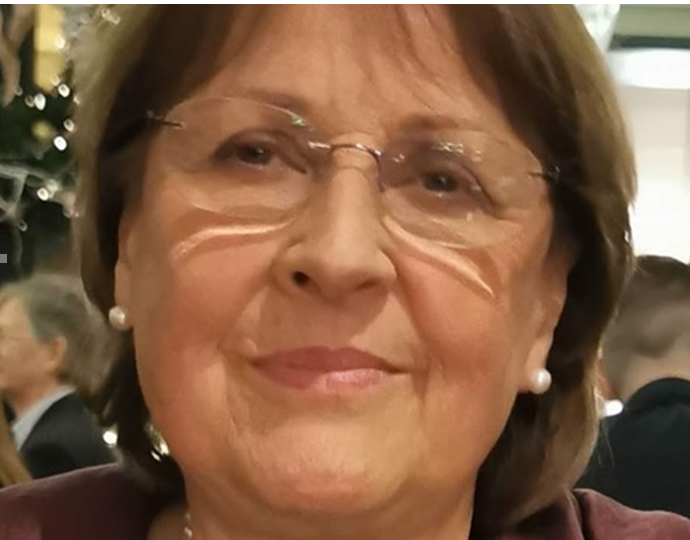
Orla has completed three years Creative Writing with NUIM, highly recommended for her novel in the Irish Writers Centre, been published in the Kilkenny Broadsheet, and shortlisted for the Poetry Prize in Fish 2021.
Here’s what Edward had to say about Orla’s poem
Geography drew me to this poem, because of my birthplace. The Cistercian settlement that is Duiske Abbey, the physically imposing place of sanctuary and refuge in my nature Graignamanagh always offers such mystery to me. Established in 1204, as a child I often wondered about the lives of the monks, who made this place their home. I wondered were they happy with their calling, with the answer they made, with their ministry and with their flock. As I read in ‘The Monks Door’ of the very horticulturally driven Brother Dominque, it reminds me of the biblical and horticultural connotations of the group. His search for food and his gift of it to the young girl is quite ceremonial-the sharing of food and we also think of those committed to the early as well.
I am also quite struck by the image of his pulling his heavy hood back, and the cool air lands on his bare neck. I am conscious that nowadays, quite unlike early settlers, many of us are shrouded with hoods and veils and are reticent to unfold them, for fear of the ‘cool air of life’.
Darkness into Light by Tomás Céitinn
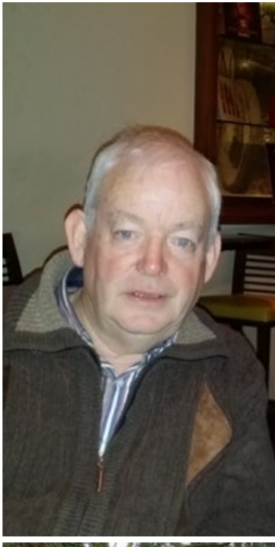
Tomas Céitinn was born in the village of Mullinahone, Co. Tipperary. He holds a B.A Honours Degree in English and History from St. Patrick’s College, Carlow. He has published three books: Inglebrook, 2011, The Jazzer, 2012 and Persona Non Grata, 2020. He is retired and lives near Callan.
Edward’s comments on Tomas’s poem
For years, I have wanted to do the Camino. I have completed the pilgrimage to Croagh Patrick on two occasions and climbing to the submit, committing my thoughts and problems to the mountain, and found that they brought a great renewal to my life. The journey to Croagh Patrick reminds us all that ‘mist and cloud eventually lift’. Little did I think that climbing into my car in Graignamanagh at 3.30 am and heading for Kilkenny on several May mornings would offer us the same reminder. This poem, so beautifully captures the Darkness into Light Walk. Everyone comes to the walk for a different reason, has a different experience and leaves with a different outlook. Many take courage in their hands to demonstrate solidarity with those fighting battles of the mind.
This poem invites us to think of the significance, what is so magical about the poem, the experience, and the significance is that it is different to everyone. The poem also reminds us that not only walking the Castle road on that May morning, but at any time the journey from darkness into light is both stark and liberating. Moreover, I am mindful of that significance.
Void by Robert McLoughlin
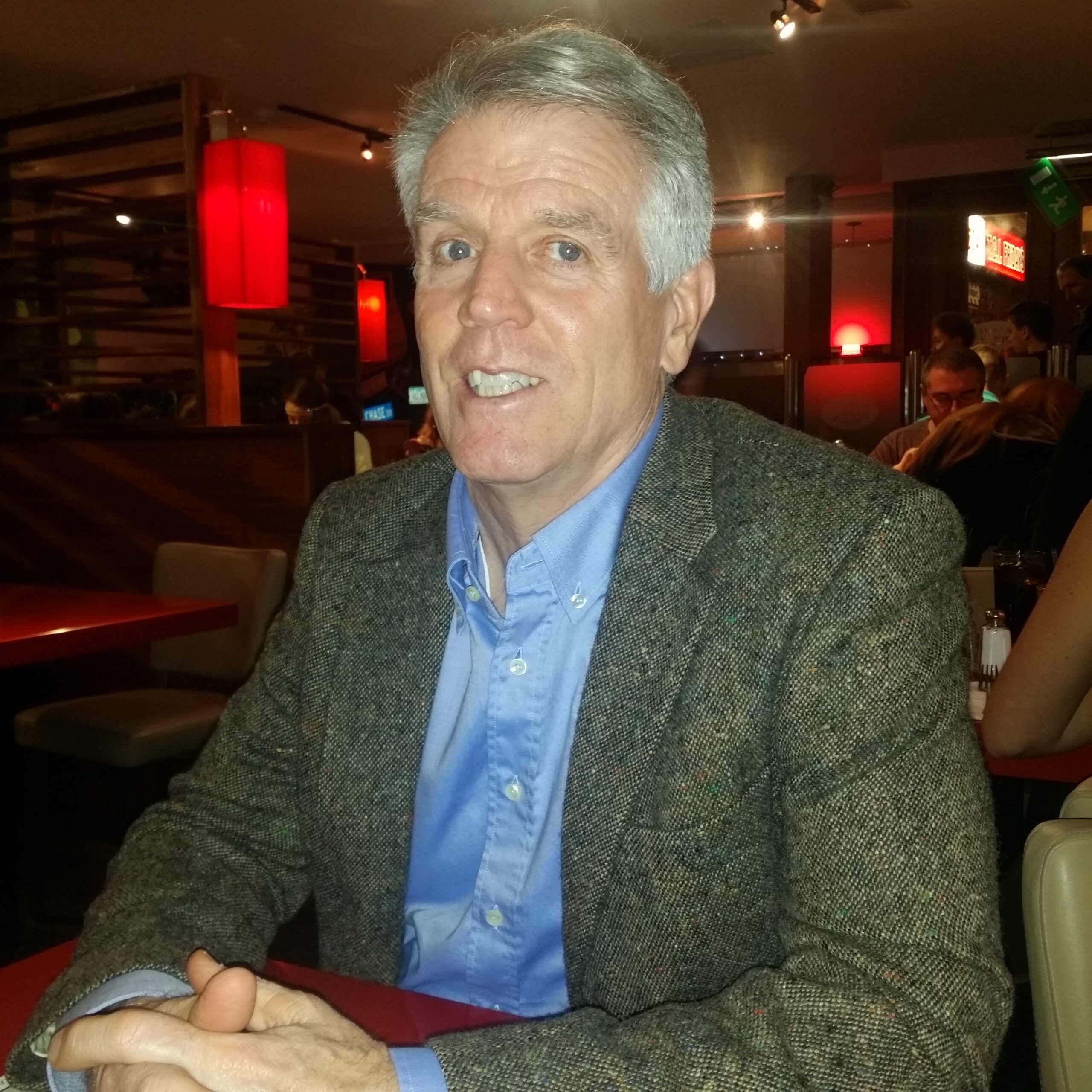
Robert McLoughlin was born in the last century and is aging well. He has lived with his wife Madeleine in Callan for the last fifteen years. He has had careers in Quality Management, Massage Therapy, the Intellectual Disability Sector, and as a Tour Guide at Kilkenny Castle and the Smithwick’s Experience. He started writing a personal journal in his twenties, extensive letter writing in his thirties, short stories and poetry in his forties. He is currently editing the final draft of a memoir which he will publish by the end of this year. He also has a novel in his desk drawer which he hopes to revive in 2022. He has a Bachelor of Arts Degree in Humanities with a focus in literature and writing from Hiram College in the States. He also has a Certificate in Creative Writing from Maynooth University. He has self-published two books–one with 100 of his poems, and one with 26 of his selected short stories.
Why Edward picked this poem
Reading this poem had me smiling (and not wanting to be caught) because the situations being described to so many of us, who live hectic lives, are enviable. The liberation of the self-professed permission to leave the tasks, to procrastinate, to live, is both refreshing and resplendent. The poet to me captures a mood and almost seduces us to ‘live in the moment’-a lesson that the pandemic tried so hard to teach us, a lesson we may all too quickly forget, so this poem committed to both memory and the history books of time will serve as a reminder of the invitation to ‘just be’.
The final stanza allows us to ponder about people, about relationships, about loss and about naming that which has caused a void, and it’s often the irreplaceable
Milk Fat by Darren Caffrey

Returning back to Kilkenny after some time, Darren was spurred by the support of local poets Michael Tollervy and Grace Wells. Since then he has been a member of various writer’s groups, hosting and performing his poetry in clubs and pubs throughout the town, including Ryan’s, The Home Rule Bar, The Hole in the Wall, The Set Theatre and Barnstorm Theatre. In 2020 his poem ‘Milk Fat’ was selected for Poetry Broadsheet.
Edward’s comments on Darren’s poem
Poor old Nana! The reputation, good or bad, of milk and cream is probably on the go for as long as it itself is. This poem reminded me of the lessons we all learned at home and from our grandparents. I remember visiting my granny in Skeoughvasteen when I was a child-our country retreat for a few days in the summer and enjoying the country lifestyle of liberated play, stacks of hay and of course pots and pots of tay! This would be served with scrumptious tart and whipped cream-sure no one could refuse granny-just as the poet could not utter the inflated size of nanas derriere.
I love the final lines, which say, “truth is in all forms, it’s good for the soul”, and I have learned over the years that to submit to the desires the heart and the soul is not always a bad thing.
Skiff by Mike Watts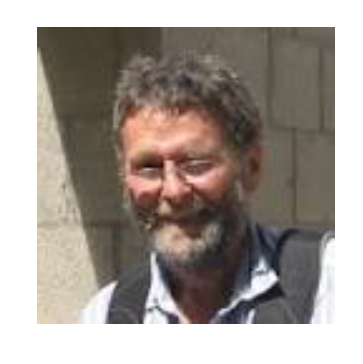
Mike has been writing poetry for over 50 years. A founder member of Poetry Galway (now Salmon) he has been in many writing groups since settling in Kilkenny. Mike’s work has been published in Kilkenny Broadsheet, Writing in the West, Poetry Galway, Salmon and Poems from a Kilkenny Laneway. He has published two self illustrated children’s books. Originally from Leicestershire, Mike came to Ireland in 1973.
Why Edward choose this poem
Being one of Graignamanagh’s sons, it would be remiss of me not to have selected this poem from the collection. Whilst it mentions Graignamanagh, it also reminds the reader of the splendour, the peace, the tranquility that can be found in our place of home. The poem on subsequent reads evoked many memories for me. Graignamanagh has a long association with the grand canal company, my own father served with the company for a long number of years and spoke fondly about his time on the water. Those that work on the water and those that play have very different experiences but tranquility can be found, often where we least expect it. I love the use of language and it’s hidden aspects and my mind is agog to know who (if anyone) is sharing the experience with the poet, and what other simple adventures they are about to embark on.
The Stubble Field by Willie-Joe Meally
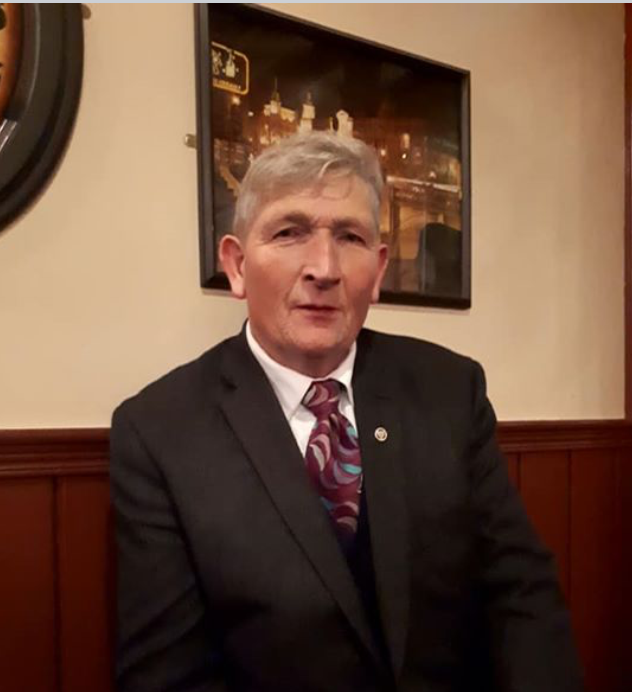
Willie-Joe is originally from Moneenroe, Castlecomer, Co.Kilkenny, and is now living in Kilpatrick, Clogh. Married to Jane, he is a founder member of Clogh Writers (1995). Published at local, national and international level, Willie- Joe has also read his work at literary events and workshops throughout the country. He writes mainly poetry and short stories. His work reflects a local theme, rooted in a mining heritage. One of his stories was adapted for a short film and was well received in Ireland and abroad. He was very involved in the Clogh Writers organisation of three Culture Night events and welcomes visiting writers from near and far.
Edward’s comments on Willie-Joe’s poem and why he selected it
I can almost see the flasks of tea and the squashed sandwiches when reading this poem. To me the poem speaks of learning-of all that we learn from those whom act as our mentors. I have such a sense of a special relationship fuelled by love, admiration and respect that a boy can have for their grandfather. I love poems (and indeed language) that tell of a simpler gentler time and this poem does just that. For me the sign of a great poem is the readers desire to want to know more, and don’t we get a great sense of curiosity at the end of the poem about what happened when they went home…
Edward choose the following two poems from our Rhymerag.net platform
Reckless by Joshua Buckley
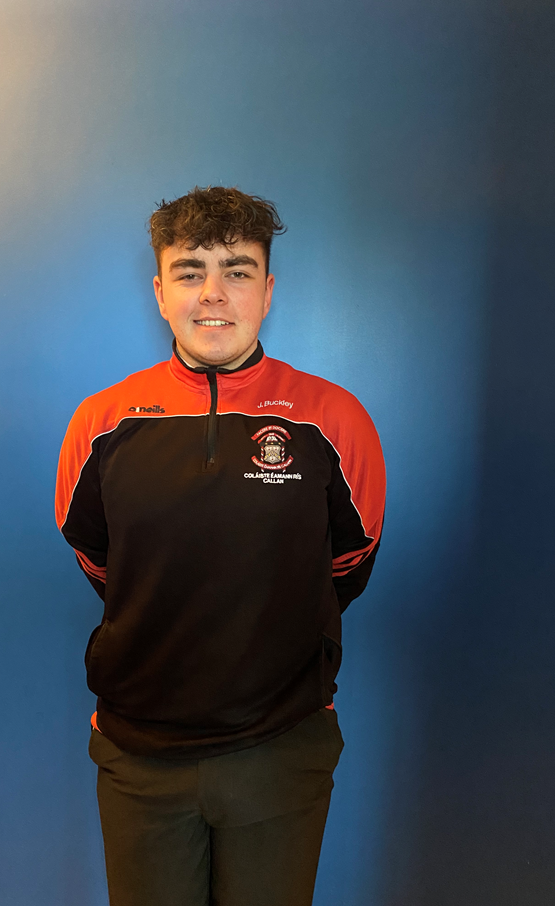
Hi my name is Josh, and I’m currently in 6th year in Colaiste Eamann Ris in Callan, Co. Kilkenny. I believe I wrote Reckless in my spare time in 5th year and I took inspiration from the pressures of daily life that all teenagers face. I found it freeing to be able to write openly about it and I wasn’t expecting it to be published in any form so I was pleasantly surprised to hear the news.
Why Edward choose Joshua’s poem
This is a fabulous poem. I spend much of my career working with young people and it never ceases to amaze me how amazingly insightful young people are. There is almost a harsh and chilling narrative running through the poem here, however it seems well matched with an awareness of what is happening. There is so much discourse about young people trying to achieve ‘the new normality’, what can be otherwise named as the unattainable. The world of filters and memes, selected shared online moments and its falseness, is the malady that is presented to young people today and the poet possesses a great awareness of the landmines on the social media field. The more mature side of my brain brings me to question, in ways, are we all reckless….and therefore all responsible.
Remember by Aaron Denny
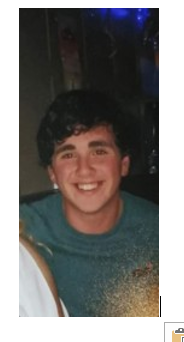
Hi, my name is Aaron Denny, I’m eighteen years of age from Tipperary and currently studying English and History in UCC. Using creative writing as a form of expression and to tell stories is something I’ve always loved from a very young age and something I still do in my free time to this day. I love to read, spending time with my friends and family as well as acting and drama, especially musical theatre. It’s a privilege to have my work noticed and I am very thankful for this opportunity.
Edward’s comments on Aaron’s beautiful poem
The sophistication of insight and concept in this poem really impressed me. Unless we are living under a stone we hear so often about the insidious journey that climate change has taken and continues to take. We are also now called to take responsibility. The poet brings to mind the activism of our people, young and old, who are and have worked tirelessly to draw our attention to, and to divert us from the fast approaching train. Ireland was on so many social issues silent in the past, and I think its quiet mature and telling of the poet to discuss in this poem our lived experience of the past and the ramifications our actions have taken. Perhaps someone needs to invite Aaron to COP27.

